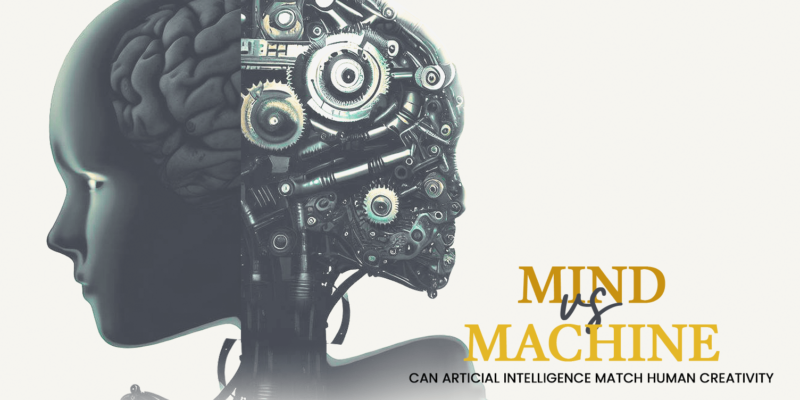
Artificial Intelligence (AI) has swiftly evolved from a science fiction idea into a transformative force reshaping industries and societies. At the heart of this revolution is the quest to understand and unlock the full potential of AI while ensuring its ethical and beneficial development.
Understanding the Human Brain: A Blueprint for AI
To grasp the complexities of AI, we often draw inspiration from the human brain. This remarkable organ processes information, learns, and adapts with extraordinary efficiency. By studying its neural networks and cognitive processes, scientists and engineers are developing AI algorithms that replicate these capabilities. This biomimetic approach helps create systems that are more intuitive and capable of handling complex tasks.
The Building Blocks of AI: Neural Networks and Deep Learning
Neural networks, inspired by the brain’s network of neurons, form the foundation of modern AI. These networks consist of layers of interconnected nodes, with each node processing information and passing it to subsequent layers. Deep learning, a significant subset of machine learning, involves training these neural networks on large datasets to recognize patterns and make predictions. This method enables AI to perform complex tasks, such as image and speech recognition, with impressive accuracy.
Advancing AI: Key Areas of Development
- Natural Language Processing (NLP): NLP enables computers to understand, interpret, and generate human language. It is crucial for developing chatbots, language translation tools, and sentiment analysis systems, enhancing interactions between humans and machines.
- Computer Vision: This field allows machines to interpret and understand visual information from the real world. Applications include image recognition, object detection, and autonomous vehicles, revolutionizing how we interact with technology and navigate our environment.
- Generative AI: Generative AI models can create new content, such as text, images, and music. These technologies have significant implications for creative industries, facilitating new art forms and content creation that were previously unimaginable.
- Reinforcement Learning: In reinforcement learning, agents learn by interacting with their environment and receiving rewards or penalties based on their actions. This method is used in areas like game-playing, robotics, and autonomous driving, where systems improve performance through trial and error.
Ethical Considerations in AI Development
As AI technology progresses, addressing its ethical implications becomes increasingly important. Key issues include:
Bias in Algorithms: AI systems can perpetuate or amplify existing biases in training data, leading to unfair outcomes. Privacy Concerns: The data used to train AI often includes personal information, raising questions about data security and individual privacy. Job Displacement: AI-driven automation may lead to significant shifts in the job market, necessitating strategies for workforce adaptation and reskilling. Participating in a data science course in Delhi, Gurgaon, Mumbai and other Indian cities can help professionals stay ahead by equipping them with up-to-date knowledge and skills.
Responsible AI development requires a multidisciplinary approach, integrating insights from researchers, policymakers, and industry leaders to ensure ethical and equitable AI advancements.
The Future of AI: A World of Possibilities
AI holds the promise of transformative changes across various domains. From revolutionizing healthcare with personalized treatments to enhancing educational experiences through adaptive learning platforms, AI has the potential to improve many aspects of our lives. By decoding the machine’s mind and harnessing its capabilities, we can create a future where AI acts as a powerful ally in addressing global challenges and enhancing human well-being.
Global Collaboration and AI Innovation
The future of AI also depends on global collaboration. As AI research and development progress, international cooperation can facilitate the sharing of knowledge, resources, and best practices. Collaborative efforts can tackle global challenges, such as climate change and pandemics, by leveraging the collective expertise of researchers and practitioners worldwide. By working together, countries can also establish shared ethical standards and guidelines to ensure responsible and equitable use of AI technologies.
Conclusion
Decoding the machine’s mind is an ongoing journey that requires interdisciplinary collaboration and a commitment to ethical practices. By understanding the underlying principles of AI and addressing its ethical implications, we can unlock its full potential and ensure that AI contributes positively to humanity. Engaging in initiatives such as a data science training course in Delhi can provide a solid foundation for those aiming to excel in this dynamic and rapidly evolving field, equipping individuals with crucial skills to navigate and shape the future of AI.











